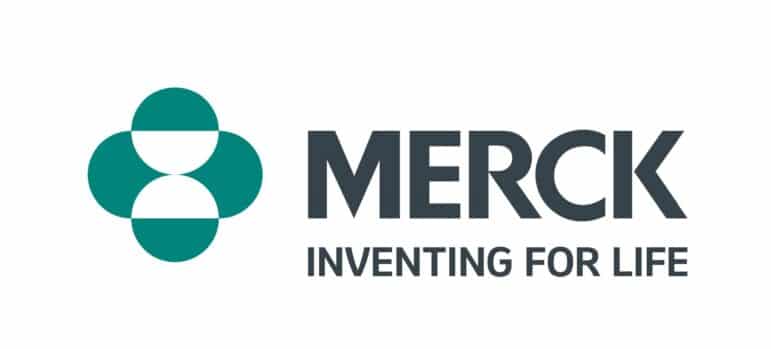Genetic Testing Communication Tips

Questions for your doctor when you are thinking about having genetic testing.
What factors help me determine if I should have genetic testing?
What will genetic testing cost, and will I be informed of the costs in advance?
Will there be a genetic counselor involved in my testing?
Once you have spoken to your family members about your family history and or personal diagnosis, the next step is talking with your physician about what you have discovered. You should talk about all of the factors involved in determining if you need genetic testing. Tell your physician about all of the cancer in the family, your own diagnoses as well as the family members. Your physician will want to know if anyone was diagnosed with cancer at a young age, had cancer more than once, or died of cancer. It is also important to share with your doctor if you have Ashkenazi ancestry.
Be sure to let your physician know how you feel about testing. It may be something you would like done, whether it is covered by insurance or not. If you feel strongly, don’t let you physician tell you that you don’t need testing. There are opportunities to get the testing for a relatively low cash price.
Many individuals decide to have testing done at their physician’s office without the guidance of a genetic counselor. If you decide to do that, there are some additional questions you should ask. It’s important that whoever is ordering your test checks off the box on the requisition that you don’t want the test to run until you are informed of your out of pocket costs. If your physician doesn’t know about this, you may want to use a genetic counselor to order testing. Also, ask your doctor if you will be referred to a genetic counselor if your results are positive or uncertain. Genetic counselors are uniquely able to discuss the implications of positive or uncertain results. If you have an uncertain result, it is important to know if your provider will contact you if the interpretation of the result changes.
Questions for your doctor when your genetic testing results are positive?
What specialists do I need to see if I have positive results?
How can I find out about research related to my positive results?
What impact will the results have on my fertility?
How do I decide if prophylactic surgery is right for me?
If you have positive results, you need to speak with your physician about next steps. You will probably think about seeing other specialists along the way. Who you decide to see and in what order depends a lot on your age and circumstances. And if you test positively after a diagnosis with cancer, your results may change the treatment plan.
You may want to find out about research studies that are being done related to either your diagnosis with cancer or you genetic findings. You can ask you physician about studies in which you might be eligible to participate.
If you plan to have children in the future, you may want to talk to a fertility specialist. Some cancer treatments may interfere with your ability to have children, and you will need to address this before you start treatment. Some people with hereditary cancer suffer from reduced fertility, or they may want to use IVF and embryo screening to avoid passing the mutation to the next generation.
If you are diagnosed with breast cancer, you will likely need to have surgery, and will need to get a referral to a breast surgeon. If you are at increased risk for breast cancer, a referral to a breast surgeon will also make sense. He/she will help with an additional breast exam, and will have more experience at ordering and interpreting the necessary imaging.
If you have been diagnosed with ovarian or uterine cancer, the gynecologic oncologist may perform your surgery, and may also order chemotherapy. A gynecologic oncologist is also the specialist who will discuss the timing for the removal of the fallopian tubes, ovaries, and sometimes the uterus for those at increased risk to develop uterine or ovarian cancer.
For those with an increased risk to develop pancreatic cancer, screening may be offered after the age of 50. Screening is best accomplished by enrolling in a pancreatic cancer screening study with providers who have a specialization in detecting pancreatic cancer. Those with an increased risk to develop stomach, intestinal, or colon cancer will need to see a gastroenterologist to provide the appropriate screening. Other might need to have a regular skin exam by a dermatologist.
You may not be sure about how to prioritize these issues. Sharsheret is here for you to help you. Our genetic counselor can discuss your case individually and explain how national guidelines may impact your choices. We are able to help connect you to research, if you are interested. We can also help in the decision making related to prophylactic removal of the breasts or ovaries. We can connect you to a peer supporter who has gone through it already, or connect you with a private Facebook group.
The Communicating With Your Healthcare Team Educational Initiative is made possible with support from:

